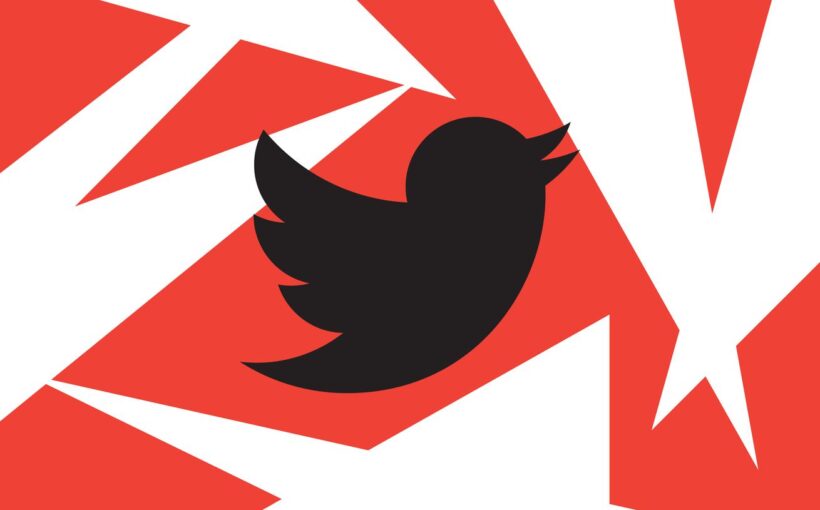
The National Music Publishers’ Association (NMPA) is suing Twitter on behalf of 17 music publishers representing the biggest artists in the business. The lawsuit, filed in federal court in Tennessee, claims the company “fuels its business with countless infringing copies of musical compositions, violating Publishers’ and others’ exclusive rights under copyright law.”
It also has a list of 1,700 or so songs (included below) that the publishers say have been included in multiple copyright notices to Twitter without the company doing anything about it, asking the court to fine Twitter up to $150,000 for each violation.
The issue predates Musk’s $44 billion purchase of Twitter last year. The New York Times cites unnamed employees saying Twitter had cut a music licensing deal because of how much it would cost, which it said could amount to over $100 million per year — the Times also reported in March that licensing deals between three major labels and Twitter stalled after Musk’s takeover last fall.
Of course, Musk’s tweets — and his enhanced Twitter Blue package with the ability to upload longer videos — came up in the lawsuit too. It doesn’t mention the flood of movies uploaded to Twitter in the last few months, like copies of The Super Mario Bros. Movie and Avatar: The Way of Water that lasted hours before being taken down. Instead, it cites some of Musk’s tweets as examples.
A user complained that their account could be suspended after five copyright notices, which Musk said he was “looking into,” and advised they should “consider turning on subscriptions,” which the suit says encouraged them to pay Twitter to hide the infringing material so it couldn’t be flagged. In another tweet, Elon Musk said the “overzealous DMCA is a plague on humanity.” It wasn’t included in the lawsuit, but in March, Musk also tweeted that “Accounts engaging in repeated, egregious weaponization of DMCA on Twitter or encouraging weaponization of DMCA will receive temporary suspensions” while claiming that “reasonable media takedown requests are, of course, appropriate and will always be supported.”
:format(webp)/cdn.vox-cdn.com/uploads/chorus_asset/file/24729490/elon_copyright.jpg)
Most of the alleged infringement Twitter has been notified about is due to music videos, videos of live music performances, or other videos synchronized to copyrighted music, and it accuses Twitter of using those videos to enhance its value by increasing the amount of time people spend on its site. The NMPA claims that Twitter has failed to remove infringing content once notified and has “continued to assist known repeat infringers with their infringement” without risk of them losing their accounts.



